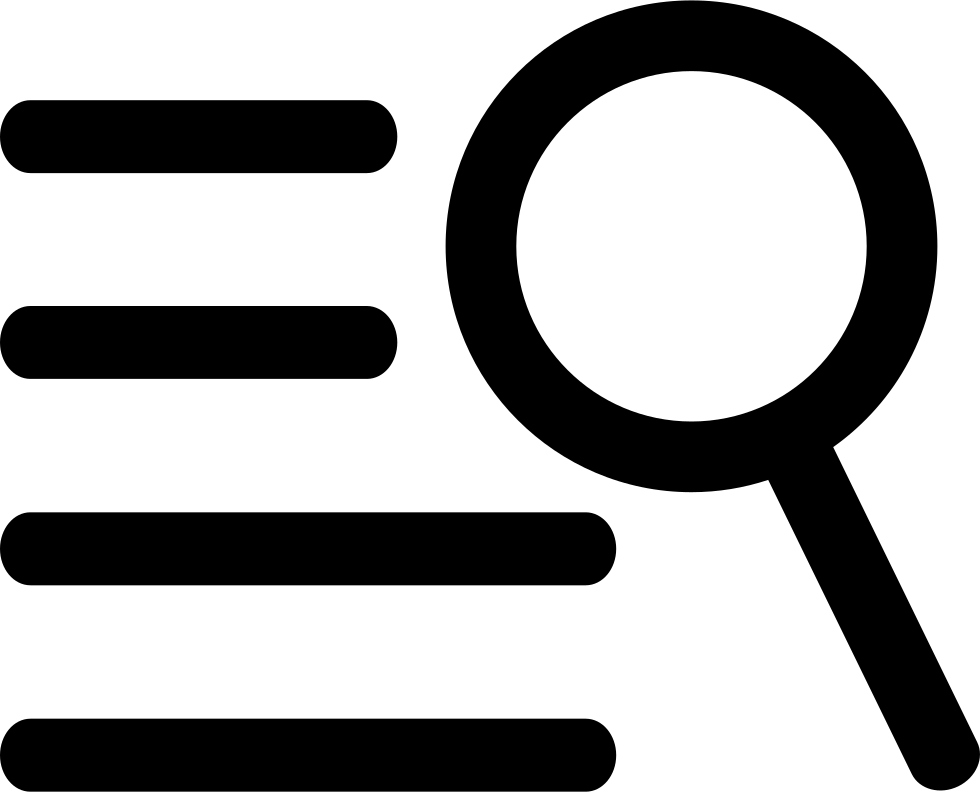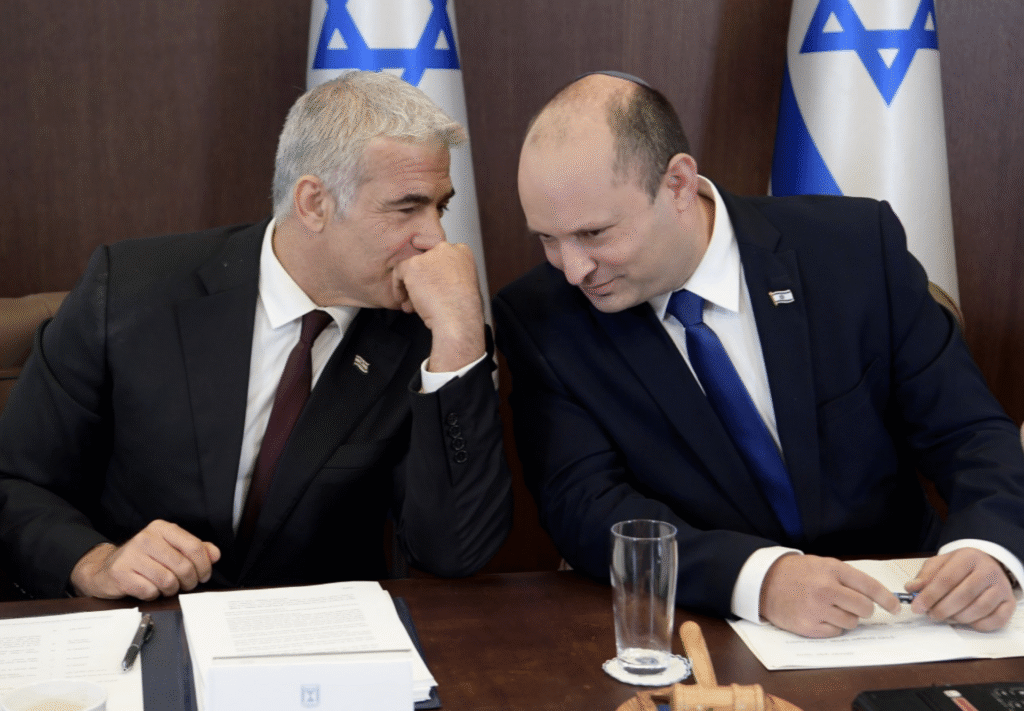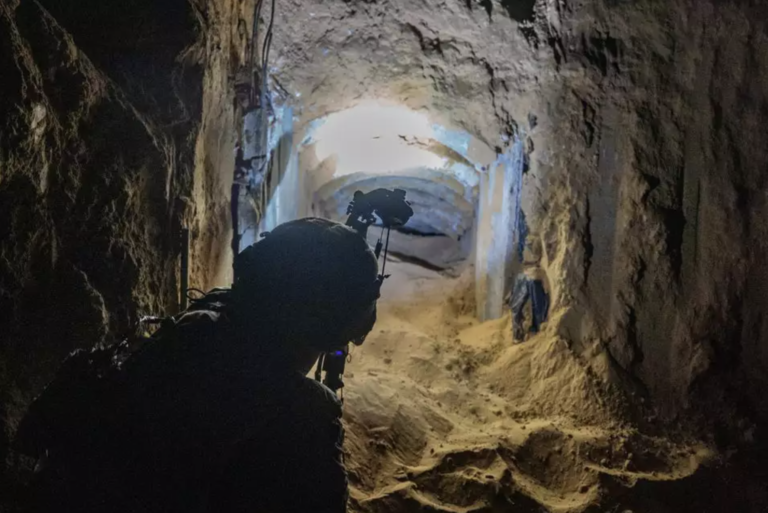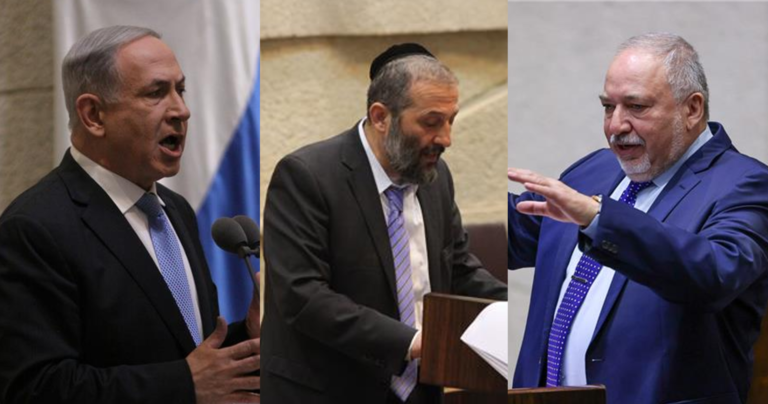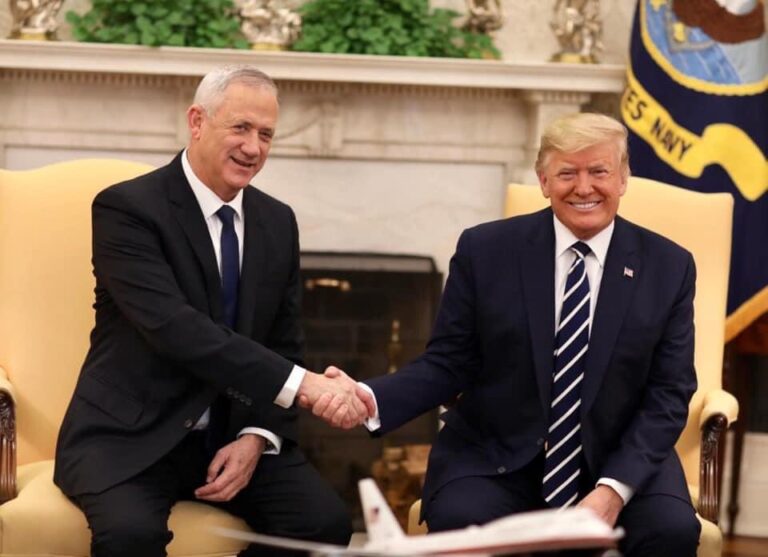On 20 September, Yair Lapid, Avigdor Liberman, Gadi Eisenkot, and Yair Golan announced that they will form a permanent forum in an attempt to oust Benjamin Netanyahu at the next election. Polls, however, suggest that unity may not help them.
I explored their dilemma in my Shabbat column in Israel Hayom, an excerpt of which is below. You can read it on Israel Hayom’s website here.
***
After naming his new party “Straight,” if Gadi Eisenkot joins forces with Naftali Bennett, could the united list be called “Straight and Right”?
On a more serious note: When should they unite? Should they unite at all? Polls show that no merger increases the bloc’s strength — and some even reduce it. Should they draft a joint platform, as Avigdor Liberman suggests, or each run separately and form a coalition later, as coalitions are formed? And in general — how much is each party worth? Who should drop out? And who should be the anti-Netanyahu “change bloc’s” candidate for prime minister?
This week, Eisenkot said something intriguing: that the ties between the parties in the bloc are deeper and broader than they appear. He may have been referring to a large, in-depth poll currently underway, with questions drafted jointly by the different lists. It’s a wide-ranging project, designed to test all the questions above. Its main goal is to check if the bloc’s grassroots supporters — who are so vocal on social media and see unity as the order of the day — are right, or if it’s a mistake that would play into Netanyahu’s hands. And even if it is a mistake, since some sort of merger will happen anyway, the real question is not if, but when.
The Democrats, for example, suggested testing a “triangle” run of Yair Golan-Gadi Eisenkot-Yair Lapid. Their lesson from Zohran Mamdani’s success in New York, and from radical right-wing parties in Europe, is that attempts to build a “fake center” and shy away from concrete positions don’t work with the public. Lapid, for his part, would prefer uniting with the United Torah Judaism party.
Such a poll is more than just shared expense (especially since an external donation funded it). It reflects a level of coordination not born of great love, because there isn’t any, but of enormous pressure from voters. No vote in the bloc will be wasted, but the grassroot supporters won’t accept too much independence, inevitably leading to tighter coordination. Indeed, Bennett’s main fear is that coordination will be too tight. He didn’t attend the planned Saturday night meeting at Yair Lapid’s home, citing a memorial for his late father, but he’ll also be glad to have avoided a photo with Yair Golan, the “red flag” for the right-wing voters Bennett’s 2026 party is chasing.
Eisenkot, meanwhile, hasn’t decided yet. He devotes 20 percent of his time to organizing the bloc. When will the decision be made? Only after the Jewish New Year.



